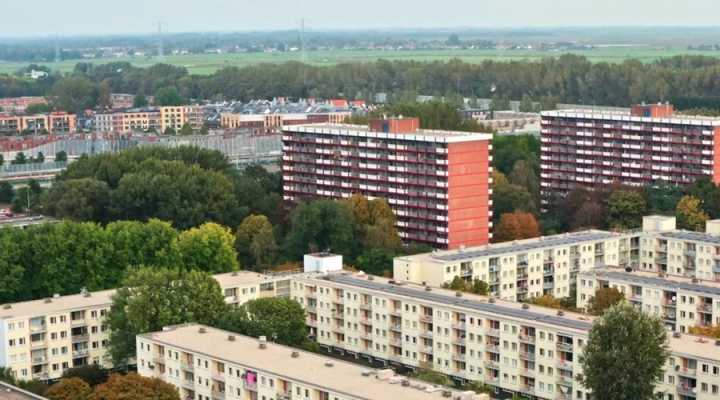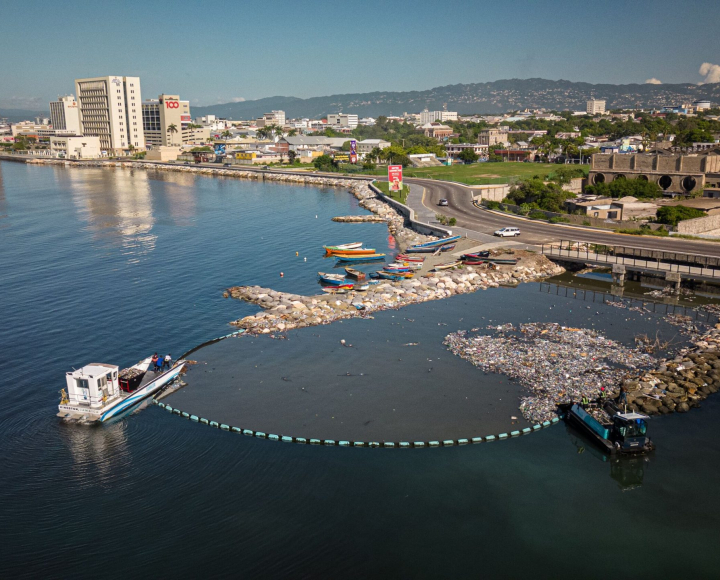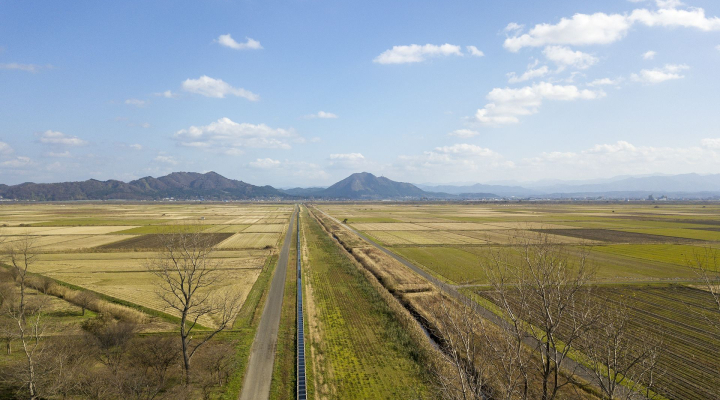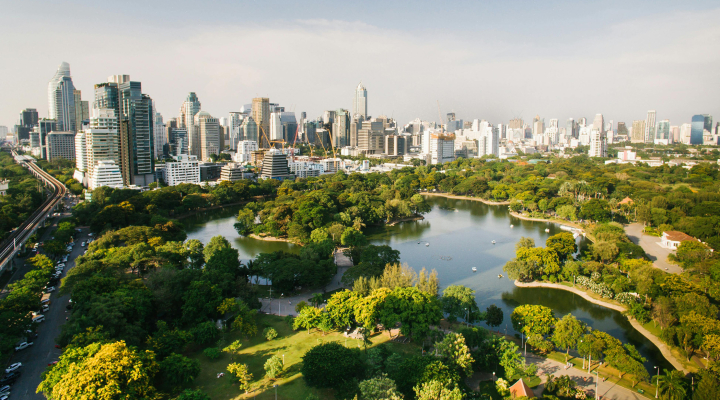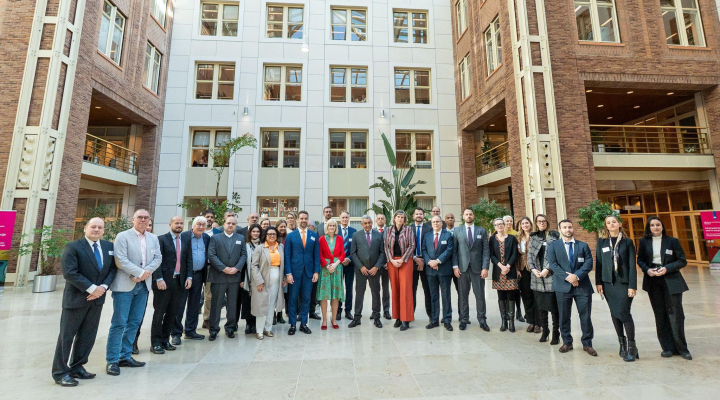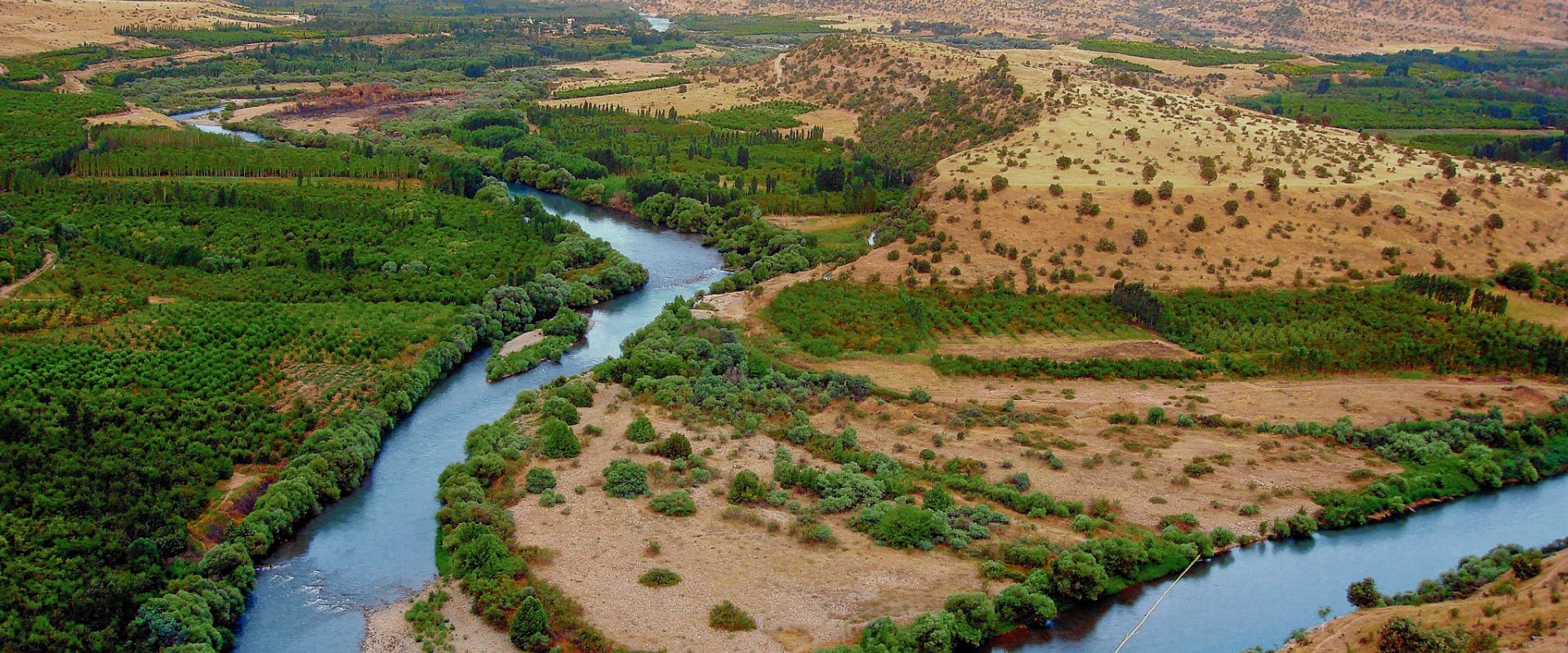
How Iraq’s water crisis relates to internal displacements
Deltares and UN International Organization for Migration (IOM) have published a report on the variations in water quality and water quantities in various regions of Iraq over the last two decades.
The report provides IOM with insights to better understand the current water crises resulting in decision support for preventing and responding to shortage-induced migration.
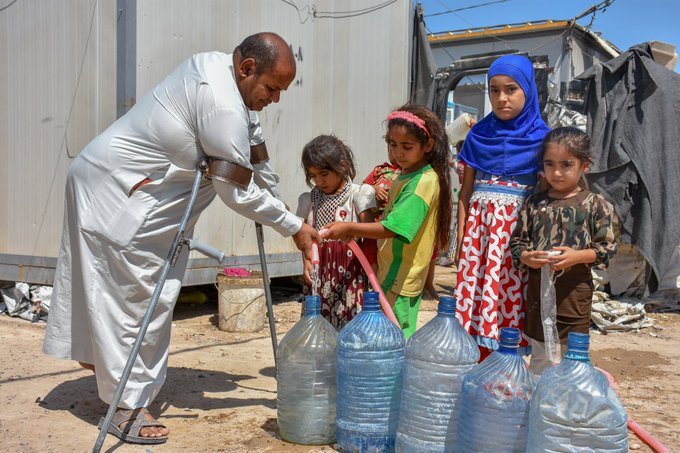

Internal displacement
Iraq faces a complex water crisis that is expected to persist and might have implications at the humanitarian, socio-economic, security and social levels, including population movements.
In July 2019, the United Nations International Organization for Migration (IOM) in Iraq identified 21,314 internally displaced persons (IDPs) from the central and southern governorates who were displaced due to the lack of water associated with high salinity content or waterborne disease outbreaks.
The new report by Deltares and IOM Iraq focuses on understanding variations in water quantity and water quality in the central and southern governorates over the last two decades.
Decreasing intakes from rivers
Intake from the Tigris and the Euphrates rivers – Iraq’s primary sources of water – is decreasing at an unprecedented rate. Concurrently, climate change is leading to increasing average temperatures and decreasing annual rainfall, causing further challenges throughout the region.
The risk of water shortage-induced displacement of populations in Iraq remains high due to degradation of the quantity and quality of available water.
Improved decision making
Senior researcher Karin Meijer at Deltares and member of the Water, Peace and Security (WPS) partnership, expects that the collected information on water will lead to a better understanding of the water crises.
‘Working with IOM has given us the opportunity to tailor our analysis to information needs for preventing and responding to water-related displacement and improve decision support in this area’, says Meijer.
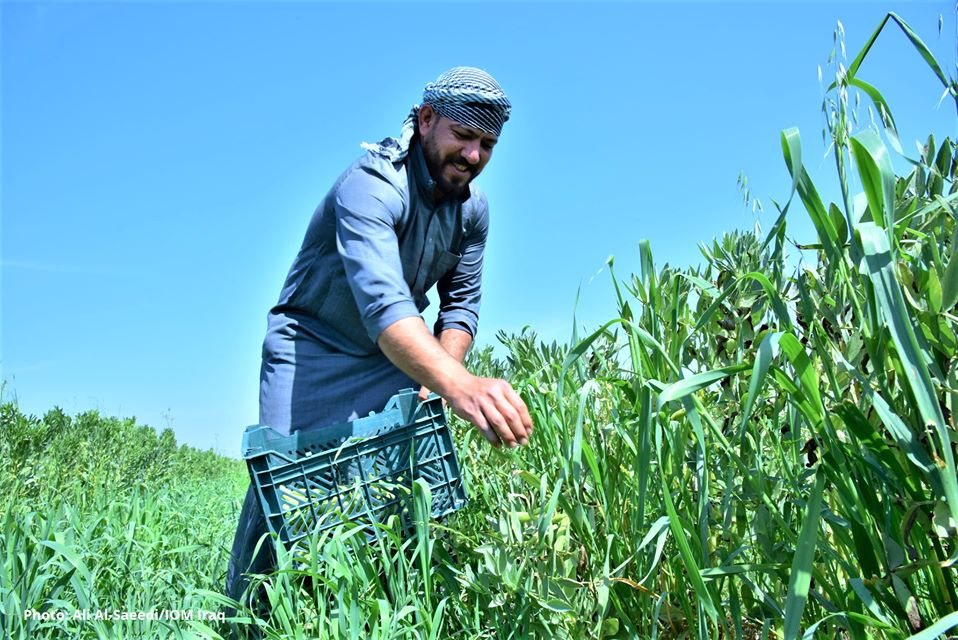

Mitigating the water crisis
The report provides insight for the coming years, and key recommendations to mitigate the water crisis, based on an exploratory model-based analysis.
Chief of mission Gerard Waite of IOM Iraq sees water scarcity as one of the drivers of displacement in Iraq. ‘Water scarcity is one of the main threats to agricultural communities. Environmental factors are among the drivers of displacement and I have witnessed this in governorates like Thi-Qar, Basra, Najaf and Kerbala’, Waite says.
‘The evidence presented in this report can inform future actions to mitigate a looming water crisis, that would leave vulnerable communities more at risk.’
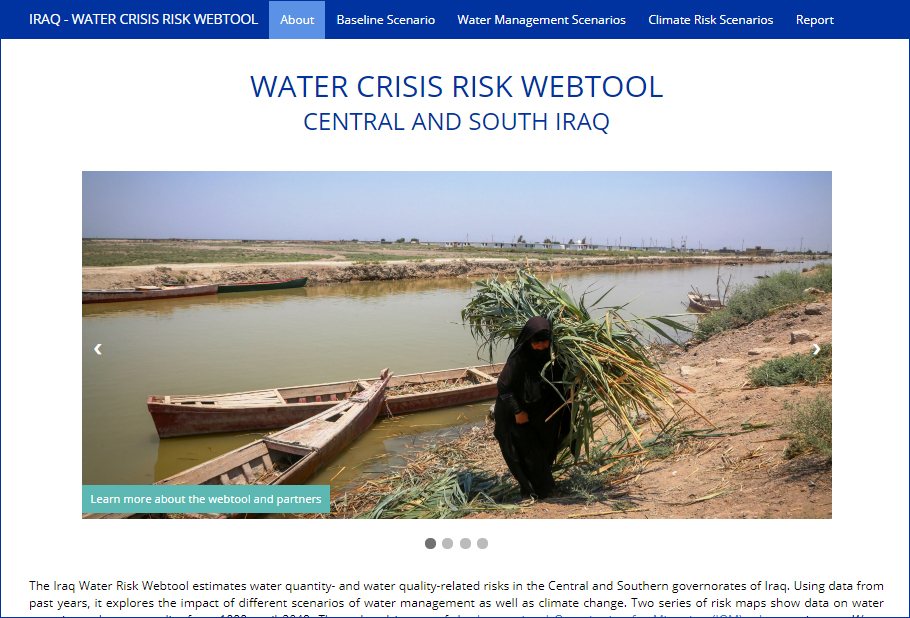

Water risk webtool
Deltares and IOM Iraq have also launched the Iraq Water Risk Webtool, an interactive webtool that provides insight into variations in water quantity and water quality over time in the central and southern governorates in Iraq.
The tool uses data from past years and explores scenarios of water management, climate change, and effectiveness of measures to mitigate these changes.
The study was funded by the US Department of State’s Bureau of Population, Refugees, and Migration. Deltares’ work under the Water, Peace and Security partnership was funded by the Ministry of Foreign Affairs of the Kingdom of the Netherlands.




